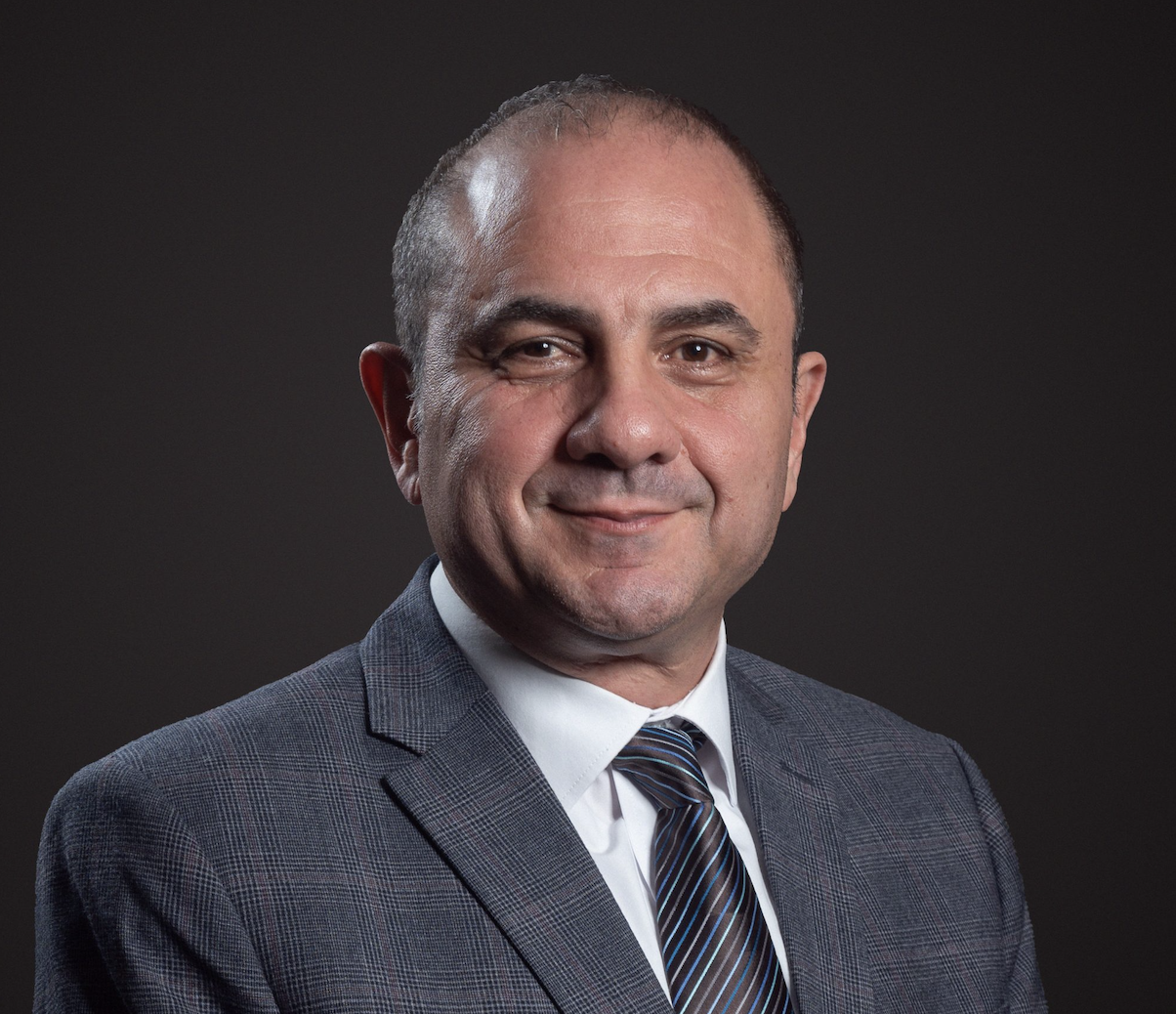The Minister for Transport, Infrastructure and Capital Projects, Aaron Farrugia, has launched the Government’s policy on the aviation industry. The sector is seen as one of the country’s main economic drivers.
Malta has a fairly diversified aviation industry which employs at least 1.2 per cent of the country’s workforce and is responsible for around 2.5 per cent of the national GDP.
The policy document titled “A Civil Aviation Policy for Malta 2023 – 2030” was finalised following a public consultation process that was launched in 2021 during a conference on the future of the aviation sector in Malta. Industry experts and representatives were invited to participate.
24 key objectives were identified to address the needs of the industry spread across five pillars. The pillars focus on building capacity, economic benefits, stakeholder collaboration, regulation and sustainability. Among the pillar’s objectives are the the need to:
- Improve connectivity between Malta and Gozo
- Advance research and innovation in aerospace and aviation
- Explore the potential of developing an intermodal hub
- Promote and support emerging niches and foreign direct investment
- Update and consolidate national aviation legislation
- Make airport operations more environmentally sustainable
The policy document also includes a strategic plan to make Malta a training hub for the aviation industry.
“The Government is committed to strengthening the current regulatory framework, investing in industry and in new economic niches, decarbonising the industry, and training the necessary workforce. We will ensure that environmental and climate change obligations are respected, that we take a leadership role in new economic niches, and that we use the geostrategic position of our country to continue to attract investment, becoming a training hub that fosters the skills necessary for the future,” stated Dr Farrugia.
BOV and police sign MoU to strengthen national fight against financial crime
BOV and the police will work together to raise public awareness on digital fraud and scams
Michael Stivala: Property still investment of choice for Maltese families
MDA data shows 16,636 new promises of sale were signed last year, up by 7 per cent from 2024
Venezuela–US developments: Limited market reaction, deeper geopolitical questions
Immediate economic and market impact has so far been relatively contained






